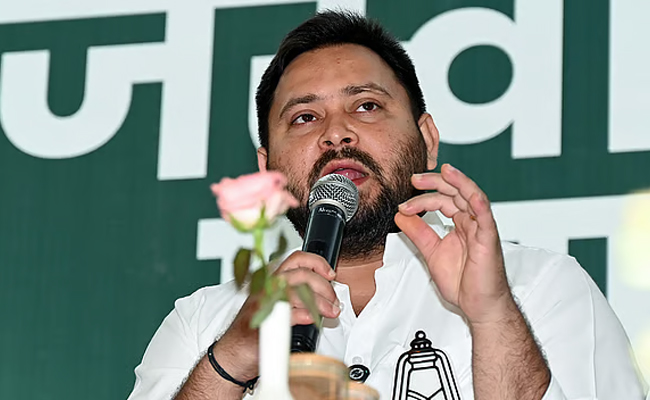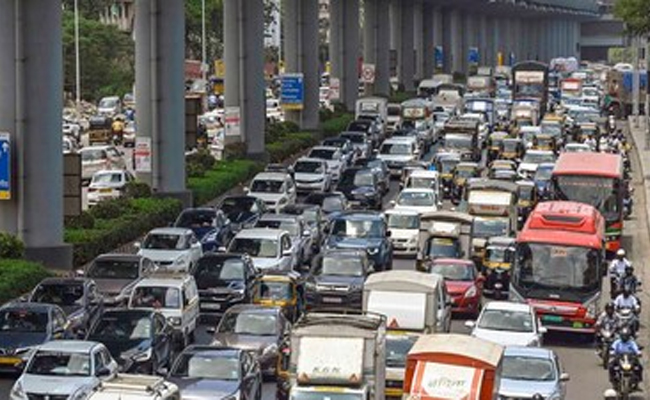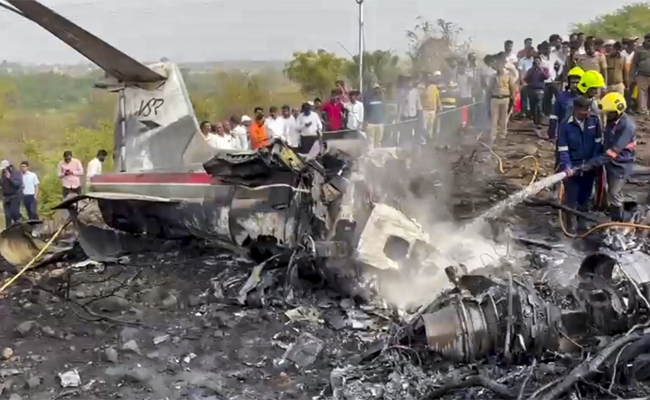Mumbai: Telecom service provider Vodafone on Tuesday announced the launch of a new digital skills and jobs initiative that aims to help five million youth in India and 10 million young people across 18 countries find employment by 2022.
The initiative, named "What will you be?", launched internationally will provide career guidance and access to training content in the digital economy.
"India has one of the youngest populations in the world. The vision of Digital India, to which we are all committed, requires an abundance of digital skills and new learnings," Sunil Sood, Managing Director and Chief Executive Officer, Vodafone India, said in a statement.
"Over time, every workplace will go digital, creating new roles and accelerating the demand for a wide range of specialist technology skills relevant for a digital economy.
"With this programme we want to prepare five million young people across India to be future fit for work places of the new world," Sood said.
As part of the initiative, Vodafone has also developed a Future Jobs Finder -- a new online platform accessible to all youth for career guidance, access to relevant training and searching meaningful jobs in the digital economy globally.
It aims to help match skills with potential job positions and extends an opportunity to improve skills through online courses.
Users can also access relevant online digital skills training on this platform, where several courses are available free of cost.
Let the Truth be known. If you read VB and like VB, please be a VB Supporter and Help us deliver the Truth to one and all.
Patna (PTI): RJD leader Tejashwi Yadav on Thursday said Bihar Chief Minister Nitish Kumar's decision to enter the Rajya Sabha was a "betrayal" of the people's mandate.
Yadav, the leader of the opposition in the state assembly, alleged the BJP has always been opposed to Dalits and OBCs, and with Kumar leaving the CM's post, it will seek to implement its agenda in the socialist stronghold.
"The BJP has done a Maharashtra in Bihar," he said.
ALSO READ: Lara Dutta stranded in Dubai as Middle East unrest escalates, urges better sense to prevail
"We have been saying from the very beginning that the BJP will not let Nitish Kumar remain the chief minister after the elections. This is exactly what has happened. This development is against the mandate of the people and amounts to a betrayal of it," he said.
Alleging that the BJP had "hijacked" Kumar, Yadav said that was the reason the veteran leader was now moving to the Rajya Sabha.
"BJP is against OBCs and Dalits. They never want a leader from these communities to occupy the top post. They want a chief minister who will function like a rubber stamp for the top BJP leadership," he alleged.
"I had said -- 'Nitish ji ko ghoda toh chadhaya hai dulha banake, lekin phera kisi aur ke saath dila raha hai' (They made Nitish Kumar mount the horse like a groom, but are getting someone else to take the wedding vows)," he added.
Kumar, the state's longest-serving chief minister, filed nomination papers for the Rajya Sabha polls, paving the way for the first BJP-led government in the state.





